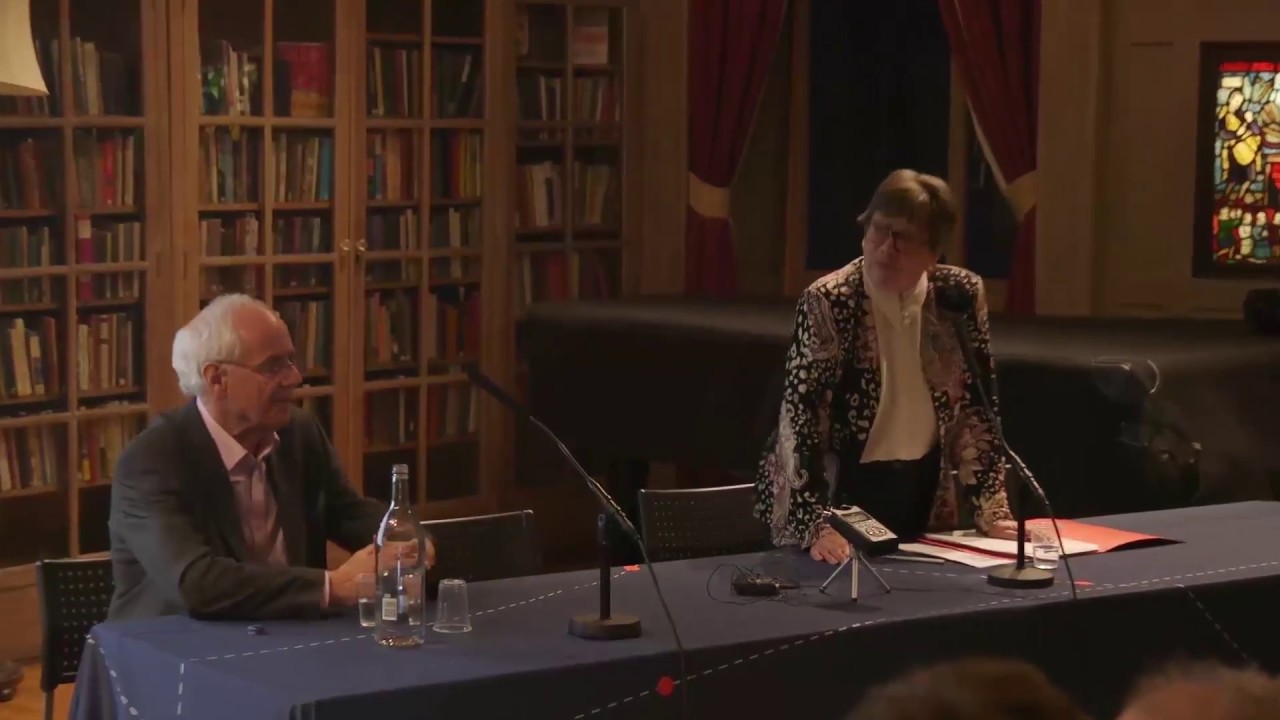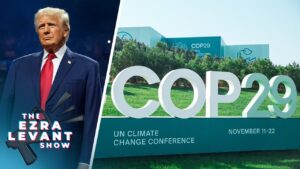
Professor Ian Gough Visiting Professor, Centre for the Analysis of Social Exclusion, and Associate, Grantham Research Institute, London School of Economics and Political Science presents his new book which aims to build an essential bridge between climate change and social policy.
source







"The world has enough for everyone's need but not enough for everyone's greed."
I found this quote from Gandhi, Ian Gough, is referring to in the video super interesting, and this is, in my opinion, the essence of his article "Climate change and sustainable welfare: the centrality of human needs." "Climate change and sustainable welfare: the centrality of human needs“ is a paper by Ian Gough from 2015 which I want to come up with right now as I think that there is a link between the report and the video.
The article is visualizing "A Theory of Human Needs "in order to conceptualize well-being across countries. Well-being across countries is of significant importance since rising inequality is a crucial driver of increasing emissions. Rising inequality within countries drives status competition and, therefore, excessive consumption, leading to increased emissions. This is linked to longer working hours and more debt. Therefore, climate change and sustainable welfare are dependent on a balance in human needs.
I want to come up with an example, which was recently discussed in our „Economy & the Environment“ class of a working time reduction. In my opinion, this is an accurate measure that should be overthought by policymakers as longer working hours drive not only emissions but also inequality. Reducing the working week by one day can reduce carbon footprint by up to 30%.
Referring back to the "Theory of human needs, "it has to be distinguished between needs and wants. Needs are universal and objective, whereas goals or wants derive from an individual's particular preferences and cultural environment and are somewhat subjective. The universality of need rests on the belief that serious harm will occur if needs are not satisfied. Serious harm is the impaired pursuit of goals that are deemed to be of value by individuals. Serious harm, therefore, can be seen as harm, which in turn will lead to inequality and rising emissions.
The challenge is to maintain an equal level, where everyone reaches a threshold in human needs and wants. Ian Gough says that the appropriate level of threshold is packed to the level in countries with the best physical, cognitive, emotional, environmental and political indicators, such as the Scandinavian countries. However, in my opinion, I am not quite sure how feasible this is. On the one hand, the differences in socioeconomic resources between nations and people satisfying human needs and wants are more realistic when facing low- and low-middle-income countries. Another constraint is climate change and diminishing environmental space. Needs will not be the same if compared today and, let's say, in 50 years. The goal will be to negotiate a constrained global optimum level of satisfaction, one as high and as equal across peoples as possible. For well-being to be sustained over time, thinking future-orientated and keeping the next generation in mind is sufficient for every individual.
The importance of sustainable actions by every individual is due to the fact that issues of politics and power and the role of political strategies and transition programs cannot be addressed. Growing inequality and the vast gap in the power of different states is still a significant problem, as well as political corruption, to name a few. In my opinion, a balanced relationship between the environment, society, and the economy has to be found in terms of a moral economy away from a political economy.
Please find the reading I am referring to under the following link: https://academic.oup.com/cje/article/39/5/1191/1696582